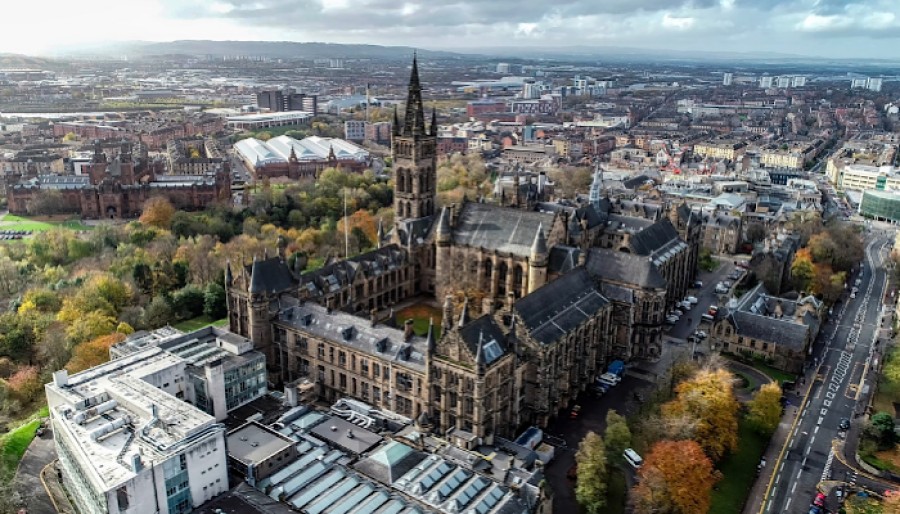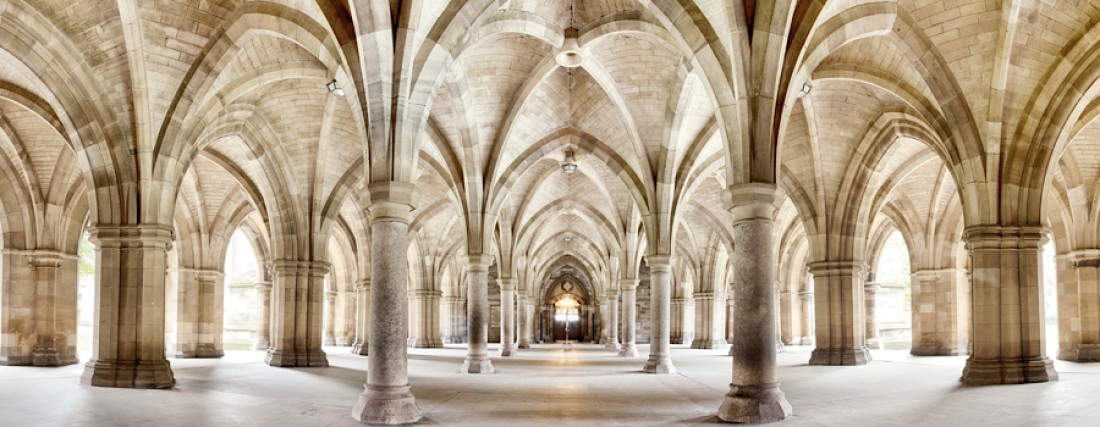Academics at the University of Glasgow have helped create a new online course exploring British colonial slavery in the Caribbean.
The free course which has been developed with The University of the West Indies will go live on Monday October 12 during Black History Month.
Called 'History of Slavery in the British Caribbean', the four-week course will take people on a 350-year journey from West Africa and the Caribbean through to the Windrush Generation and the present day.

It will reflect on links between historical slavery and racial inequalities and present-day global protests, and look at the renewed debate about the treatment of symbols of Britain’s colonial past and how the global Black Lives Matter protests have caused many to reflect on the country’s history of racism and its roots in slavery.
The course is being delivered on the leading social learning platform FutureLearn.com.
Dr Peggy Brunache is lecturer in the history of Atlantic Slavery and director of the Beniba Centre for Slavery Studies at the University of Glasgow and the lead contributor on the course from Glasgow along with Dr Christine Whyte.
Dr Brunache said: “The past is not over. The past is still the present.
'Infused'
“While the abolition of the slave trade and racial slavery occurred in the early 19th century, the structures of racial inequality and anti-black racism have never dissipated.
"Does that mean that every white British citizen is racist? Of course not.
“However, these structures of power remain infused into the very fabric of contemporary society, privileging those who identify as white and especially those with generational wealth.
"It’s as insidiously active in the Commonwealth Caribbean as much as it is in the British metropole.”
The multi-disciplinary course draws on the expertise of academics in the UK and Caribbean, artists and descendants of enslaved Africans.

Dr Christine Whyte is a historian of West Africa and a lecturer in Global History based at the University of Glasgow
She said: “The important thing about this course is its emphasis on British involvement in slavery, which was both long-lasting and significant to many aspects of British society and economy, and its focus on the words of the enslaved to describe their own experiences.”
The new course continues the partnership formalised last year when the University of Glasgow and The University of the West Indies (The UWI) signed a Memorandum of Understanding (MoU) to launch The Glasgow Caribbean Centre for Development Research.
'While the abolition of the slave trade and racial slavery occurred in the early 19th century, the structures of racial inequality and anti-black racism have never dissipated.'Does that mean that every white British citizen is racist? Of course not.
'However, these structures of power remain infused into the very fabric of contemporary society, privileging those who identify as white and especially those with generational wealth'
Dr Peggy Brunache
Contributors to the course from The UWI include historians from different territories across the multi-campus Caribbean university - Dr Zachary Beier, Dr Tara Inniss, and Dr Shani Roper.
Dr Beier said: “I thought this was a great opportunity to demonstrate how academic collaboration between the United Kingdom and the Caribbean is an important step in rectifying the history of exploitative and unbalanced relationships between these regions.
People who take part in the course will be encouraged to reflect on their own family history and look for the legacies of slavery in their own community.
* More details about the course 'History of Slavery in the British Caribbean' can be found here. (The title image is credited to Canva stock images)

